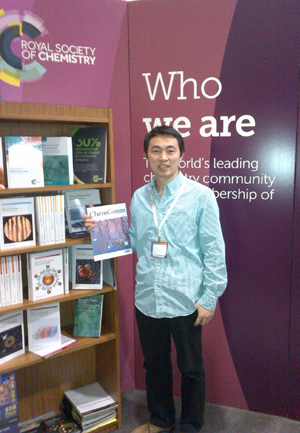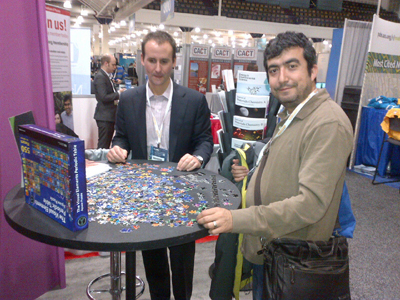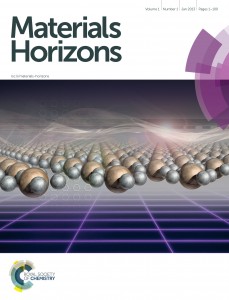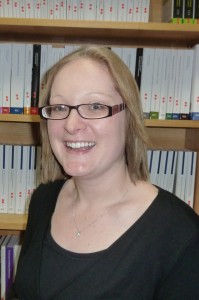![]() Chemical Science, launched in 2010, is set to become the world’s first high-quality Open Access chemistry journal.
Chemical Science, launched in 2010, is set to become the world’s first high-quality Open Access chemistry journal.
From the first issue in January 2015, our flagship journal will move to Gold Open Access. All content published from that date will be free to every reader.
Plus, unlike other Gold Open Access journals, we will waive all Article Processing Charges (APCs) for at least two years. So it will be free for authors too.
Why are we doing this?
First, we strongly believe that Gold Open Access is a sustainable model for the future of publishing. Chemical Science will become part of our wider Open Access offering, which also includes Gold for Gold vouchers.
Second, we’re a not-for-profit organisation and we’re passionate about promoting, supporting and celebrating chemistry. So we invest in advancing the chemical sciences, and we spread knowledge to the international community. It’s what we’ve been doing for 170 years.
By moving Chemical Science to Gold Open Access, we are giving the global community access to some of the very best research.
Read our Press Release to find out more.




















